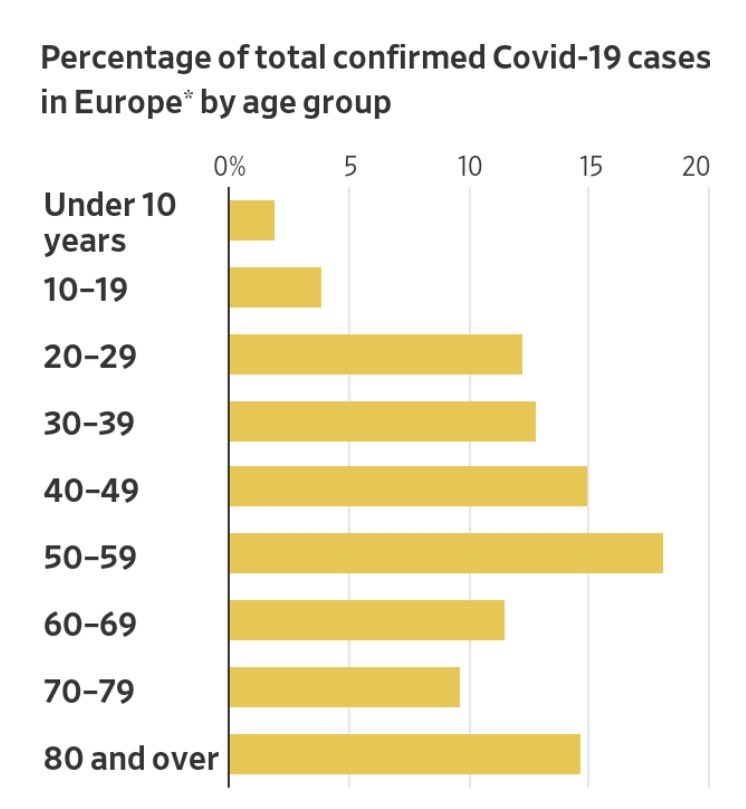
“He was a dedicated Islamist terrorist who had pledged his allegiance to the Islamic State terror organization,” Austrian Chancellor @sebastiankurz told @WSJ of the gunman who killed four in Vienna terror attack. wsj.com/articles/vienn… via @WSJ
Fourteen members who police said were part of a network supporting the Vienna shooter were detained, and another were are arrested in the Swiss canton Zurich in relation to the attack wsj.com/articles/vienn…
Authorities said Mr. Fejzulai was released from prison in December because he was young and showed good behavior, and had been in a deradicalization program run by a nongovernmental organization wsj.com/articles/vienn…
The attack is likely to rekindle a debate in Europe, which is experiencing a new wave of terrorist attacks, about the comparatively short prison sentences for some terrorism convictions and what to do with radicalized convicts who have served their terms wsj.com/articles/vienn…
He was sentenced to 22 months in prison in April 2019 for trying to travel to Syria to join Islamic State, After his release in December, he received a subsidized apartment in a housing project while under a deradicalization program wsj.com/articles/vienn…
According to several neighbors interviewed there on Tuesday, Mr. Fejzulai hosted meetings at the apartment with other men. “Young men with long beards came in and out of his apartment, and they often would hand out copies of the Quran to residents,” wsj.com/articles/vienn…
On the eve of the attack, neighbors saw Mr. Fejzulai help an older woman carry her shopping bags into her home. “He was always polite and quiet, but we all knew he was an Islamist,” said the neighbor, who refused to be named.
wsj.com/articles/vienn…
wsj.com/articles/vienn…
Mr. Fejzulai, who played soccer competitively at the age of 16, became radicalized after frequenting a Vienna mosque, wsj.com/articles/vienn…
It is frequent for extremists to become more radicalized during their time in jail, where they expand their networks and learn new skills, said @AhmadMansour__ , a German psychologist who works on de-radicalizing Islamist extremists, including in prisons. wsj.com/articles/vienn…
.@AhmadMansour__ author of several books on Islamism, played down the significance of the IS link to the attack & said authorities must focus on ideology that legitimizes violence in the name of religion rather than examining individual terror groups wsj.com/articles/vienn…
Ebrahim Afsah, a professor of Islamic law at Vienna University, said the failure to stop the spread of Islamism was partly due to efforts by the state to nurture Muslim religious institutions as a bulwark against radicalization wsj.com/articles/vienn…
“One has tried in German-speaking countries to create Islamic religious institutions to curb the import of foreign preachers, but that has only meant the state allowing organized Islam a role that doesn’t belong to a religious group in a secular society,” Prof. Afsah said.
Often there's a debate about whether Islamists terrorists were discriminated/had some grievances about society. As we reported, the Vienna shooter was treated leniently in court and given subsidized housing. He lived off the state with €917 a month krone.at/2268827
• • •
Missing some Tweet in this thread? You can try to
force a refresh



